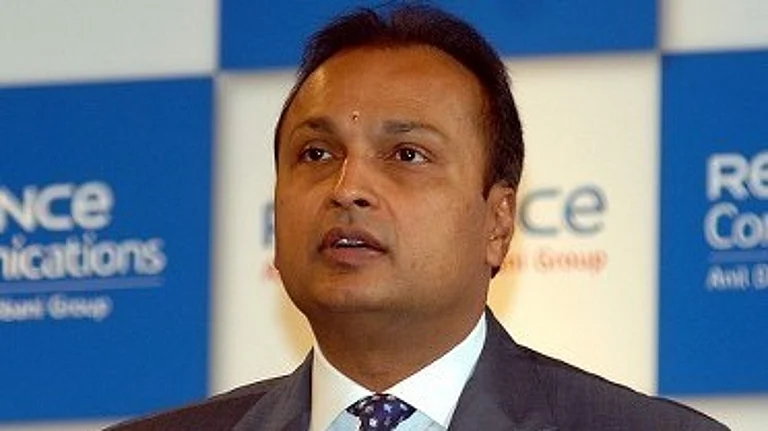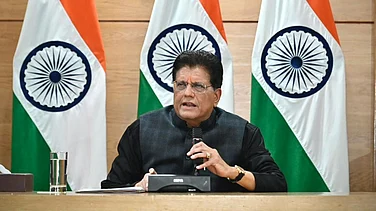The Reserve Bank of India (RBI) warned banks and finance companies of imposing more regulatory curbs on unsecured lending if they do not mend their ways. The central bank's Trends and Progress of Banking report published Thursday, also suggested boards of lending entities fix unsecured exposure levels prudently to prevent systemic risks.
The report underlined that the profitability of banks rose for the sixth consecutive year and gross bad loans were at a 13-year low in the financial year 2024. However, the regulator expressed concerns over interconnectedness between lending entities and private credit firms, high attrition among private banks, liberal underwriting standards for top-up loans, and rising cyber frauds.
It also indicated issuing a directive to exempt banks from charging pre-payment penalties on floating-rate loans taken by small entrepreneurs. Whereas banks and finance companies have the discretion to set limits on unsecured exposures, the central bank report highlighted that some entities have very high bands which need to be continuously monitored.
The concern was raised over the growing share of unsecured loans in commercial banks' portfolios. Despite increased risk weightage was introduced in November 2023, unsecured loans contributed one-fourth of the banks' books as of March 2024.
RBI also emphasised the need for caution even as credit growth slowed, due to rising delinquency levels and borrower leverage, but it will require vigilance. It urged the boards of regulated entities (REs) to practice prudence and also highlighted that overenthusiasm could jeopardise not only the financial health of individual lenders but also systemic stability.
Addressing top-up loans, the central bank flagged lapses in lenders' practices, including minimal due diligence, generous underwriting, inadequate monitoring of fund usage, and deviations from prescribed loan-to-value (LTV) ratios and risk weight norms.
"The RBI will assess the need, if any, for additional regulatory interventions to mitigate the identified risks in cases of other top-up loans," said the RBI.
Gaps in KYC
The regulator flagged that certain gaps in the implementation of KYC processes are resulting in several accounts getting frozen, denying customers access to their funds. It said that there are also instances of accounts meant to receive direct benefit transfers (DBT) from the government being made inoperative or frozen, contrary to regulatory guidelines.
Furthermore, banks were directed to closely monitor gold loan portfolios as they continued to observe irregularities in lending processes.
































